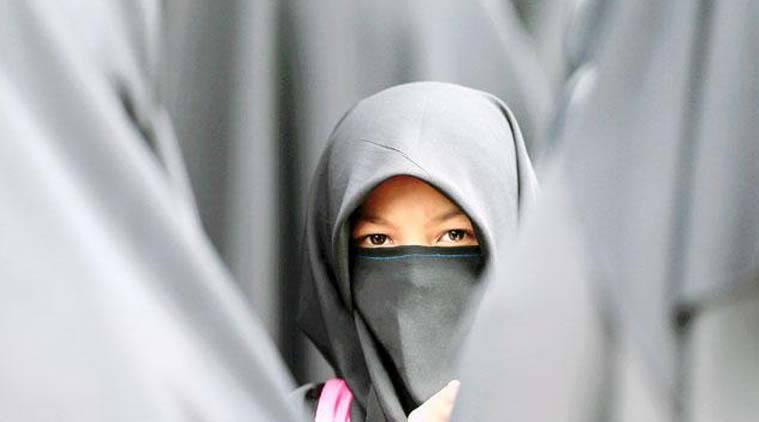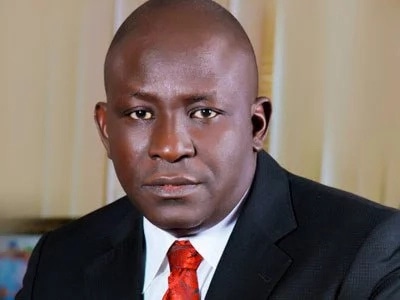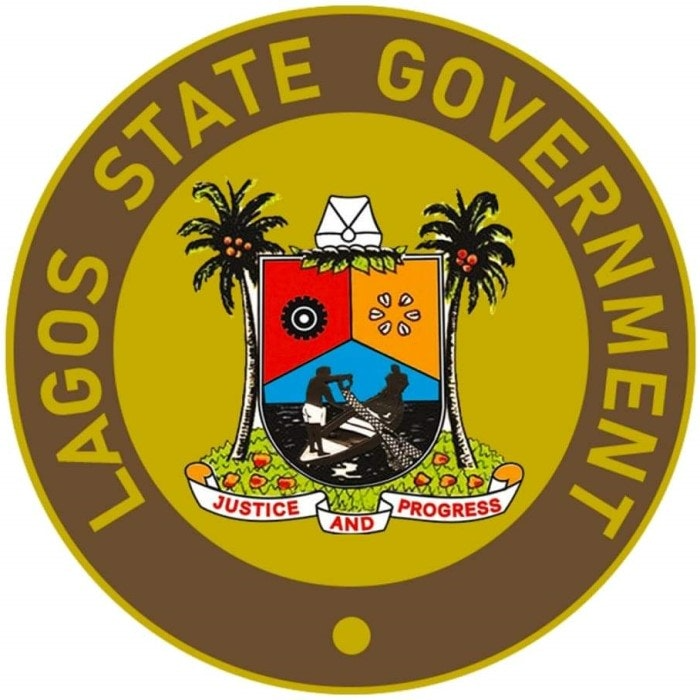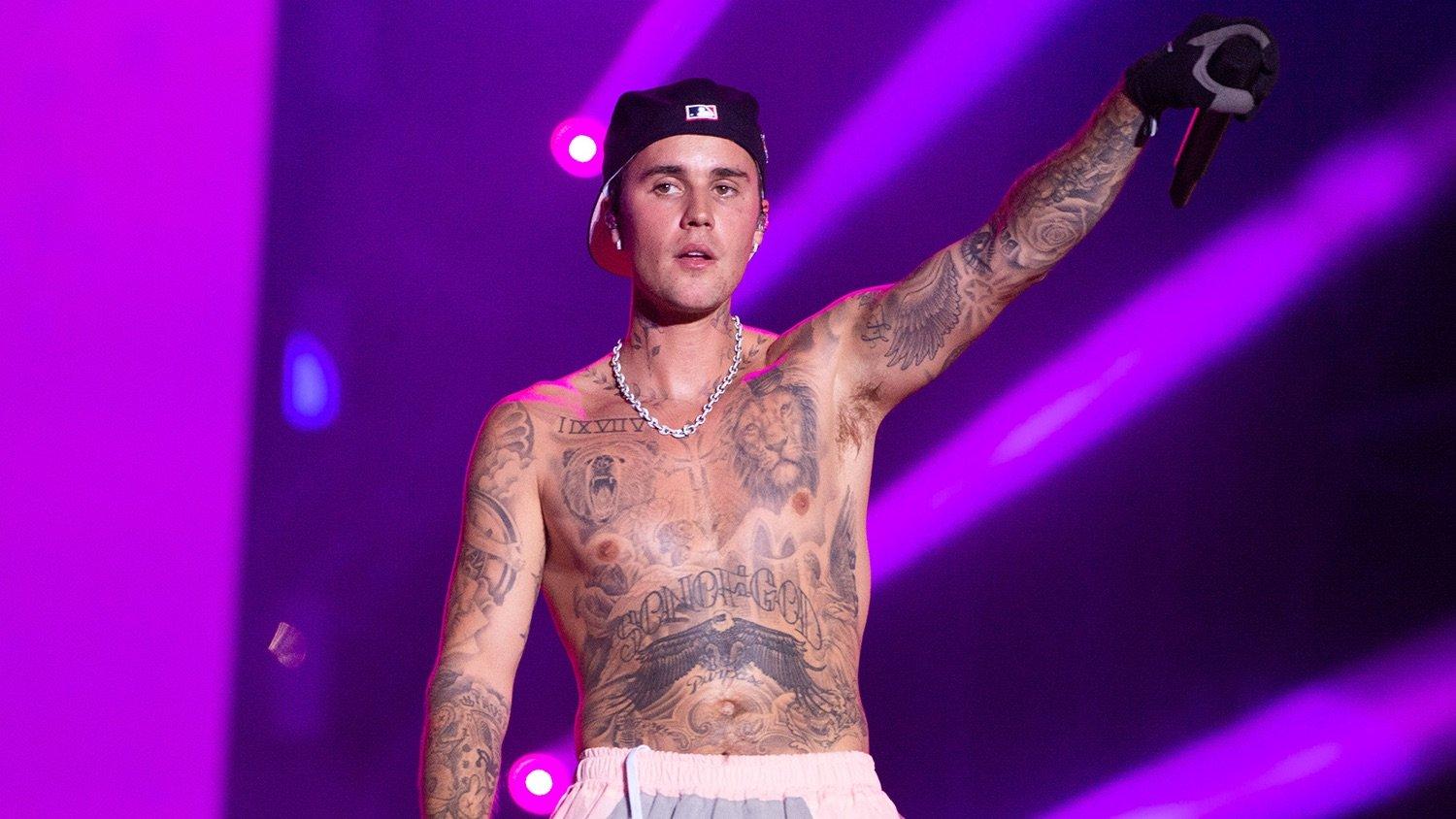2.3 million Nigerian children are at risk due to lack of immunisation. Experts call for urgent action to close the gap and prevent disease outbreaks.
[dropcap]M[/dropcap]edical experts have raised concerns over 2.3 million Nigerian children who have not received any routine immunisation, putting them at risk of preventable diseases.
Medical experts have expressed deep concern over the alarming number of Nigerian children who have not received any routine immunisation, with approximately 2.3 million children falling into this category.
Also read: UNICEF highlights importance of primary health care in Nigeria
This situation poses a significant risk of preventable diseases and potential fatalities among these children.
The issue was highlighted during the launch of the Zero-Dose Reduction Operational Planning initiative in Lagos, a programme developed in collaboration with the National Primary Health Care Development Agency, the World Health Organisation (WHO), UNICEF, Gavi, and the Lagos State Government.
The initiative targets identifying and vaccinating children who have never been immunised, with a specific focus on individuals aged 0 to 44 years for supplementary immunisation in Lagos.
The President of the Paediatric Association of Nigeria, Prof. Ekanem Ekure, emphasised that Nigeria alone accounts for 2.2 million of the 4.4 million zero-dose children in West Africa, making it the highest in the world.
Prof. Ekure pointed out that these zero-dose children are predominantly located in urban slums, conflict zones, and remote areas, where access to healthcare is limited.

UNICEF’s Chief of Field Office for South West Nigeria, Celine Lafoucriere, underscored the critical need for vaccines as a fundamental human right, calling for concerted efforts from stakeholders to bridge the immunisation gap.
Social and behaviour specialist at UNICEF, Aderonke Akinola-Akinwole, identified various challenges contributing to the high number of unimmunised children, including inadequate health facilities, long distances to healthcare centres, insecurity, and misinformation.
To address these issues, UNICEF is committed to ensuring no child is left behind, collaborating with the Nigerian government and international partners to procure high-quality vaccines and maintain an effective cold chain system.
The upcoming statewide supplementary immunisation campaign in Lagos, scheduled for October 19, 2024, aims to address these gaps, integrating vaccines for Measles, Yellow Fever, and Human Papillomavirus (HPV), while also targeting zero-dose children across 20 Local Government Areas.
Dr Adetola Akinpelu, Immunisation Programme Coordinator at the Lagos State Primary Health Care Board, announced that the campaign’s goal is to achieve a 95% vaccination coverage for Measles and nOPV2 and 80% for Yellow Fever.
The initiative will mobilise over 7,000 teams, including fixed and house-to-house vaccination efforts, to ensure comprehensive reach and care, particularly for zero-dose children.
Source: Read more at iretura.com





























